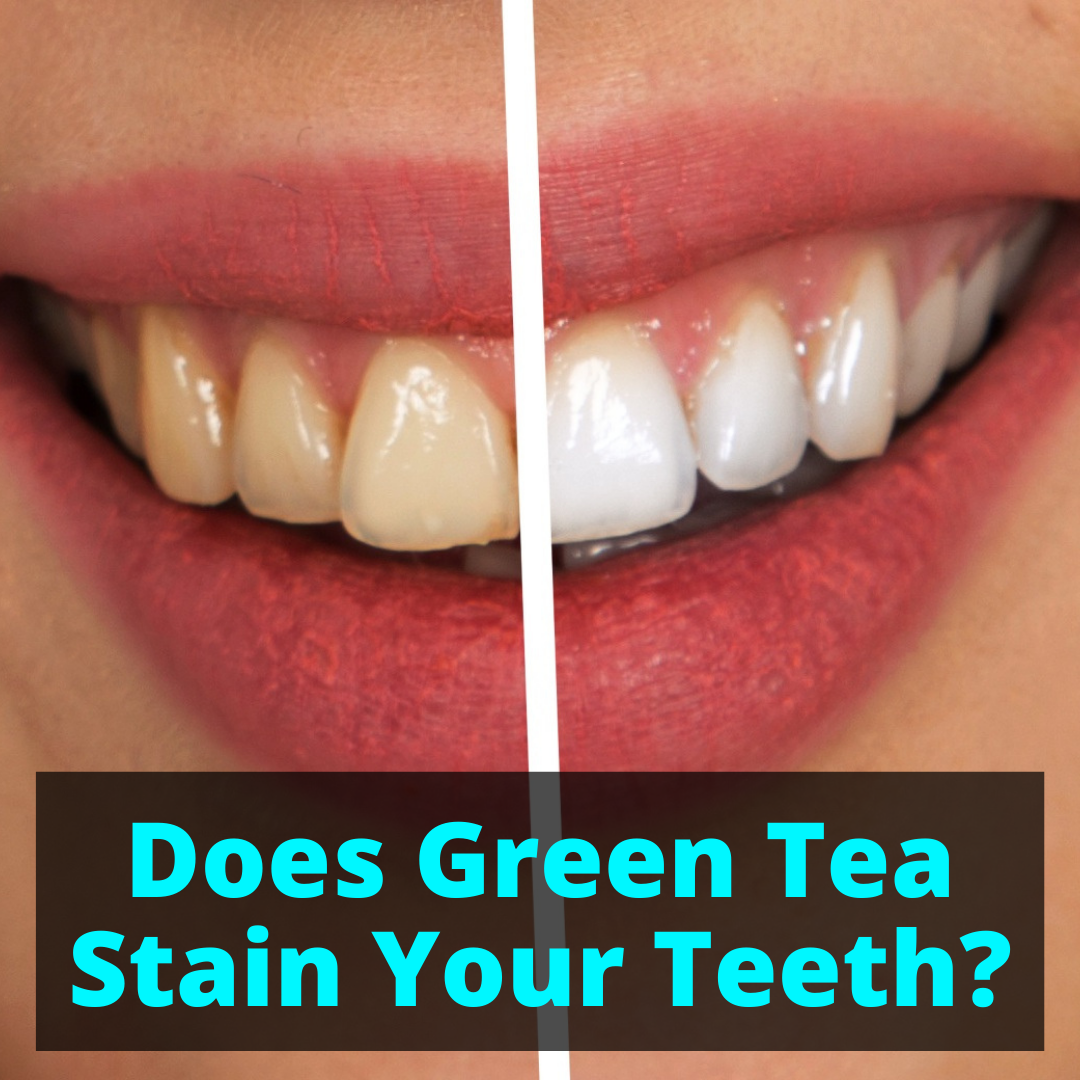How Does Green Tea Affect Teeth? Stain Prevention Guide

The pursuit of a healthier smile often leads to questions about the effects of various foods and beverages on our teeth. One of the most popular beverages worldwide, green tea, has been touted for its myriad health benefits, from aiding in weight loss to potentially reducing the risk of certain cancers. However, its impact on dental health, specifically regarding teeth staining, is a topic of considerable interest. In this comprehensive guide, we will delve into the relationship between green tea and teeth staining, exploring both the potential benefits and drawbacks, as well as providing actionable advice on how to prevent or minimize staining.
Introduction to Green Tea and Its Chemical Composition
Green tea, derived from the leaves of the Camellia sinensis plant, is rich in antioxidants, particularly catechins, which are believed to be responsible for many of its health benefits. The most abundant catechin in green tea is epigallocatechin gallate (EGCG), which has been studied for its anti-inflammatory and anti-cancer properties. However, it’s also the catechins that can cause green tea to stain teeth, due to their chromogenic properties.
How Green Tea Can Stain Teeth
While green tea is less likely to stain teeth compared to black tea or coffee, due to its lower tannin content, it can still contribute to tooth discoloration. Tannins, naturally occurring compounds in tea, can bind to the tooth enamel, leading to stains. The catechins in green tea, although beneficial for health, can also contribute to this staining effect. Furthermore, the acidity in green tea can weaken tooth enamel over time, making teeth more susceptible to stains from other sources.
Preventing Teeth Staining from Green Tea
Fortunately, there are several strategies to minimize or prevent the staining effects of green tea on teeth:
Practice Good Oral Hygiene: Regular brushing and flossing can help remove loose stain particles from the surface of the teeth. Using a fluoride toothpaste and mouthwash can also strengthen enamel and make teeth less prone to staining.
Rinse with Water: After consuming green tea, rinsing your mouth with water can help dilute the tannins and catechins, reducing their contact time with the teeth.
Use a Straw: When drinking green tea, using a straw can minimize the contact between the liquid and your teeth, potentially reducing the risk of staining.
Consider Adding Milk: Adding milk to green tea can help bind to some of the tannins, potentially reducing their staining effect. However, it’s worth noting that this might also affect the antioxidant availability of the tea.
Limit Consumption: While it’s not necessary to cut out green tea entirely, being mindful of the quantity consumed can help minimize its staining effects.
Schedule Regular Dental Cleanings: Regular professional cleanings can remove stubborn stains and help maintain the overall health and appearance of your teeth.
Benefits of Green Tea for Oral Health
Despite the potential for staining, green tea has several benefits for oral health. The antioxidants in green tea can help reduce inflammation and fight bacteria in the mouth, potentially lowering the risk of gum disease and bad breath. Some studies suggest that the catechins in green tea may also inhibit the growth of certain bacteria that can lead to tooth decay.
Conclusion
The relationship between green tea and teeth staining is complex, with both potential risks and benefits. By understanding the chemical composition of green tea and how it interacts with tooth enamel, individuals can take proactive steps to minimize staining while still enjoying the health benefits of green tea. Whether through practicing diligent oral hygiene, adjusting consumption habits, or incorporating stain-reducing strategies, it’s possible to enjoy green tea as part of a healthy lifestyle that includes a bright, healthy smile.
Frequently Asked Questions
Does green tea stain teeth more than coffee?
+Coffee generally has a higher potential for staining teeth than green tea, due to its higher concentration of chromogens. However, green tea can still contribute to tooth discoloration, especially if consumed in large quantities or without proper oral hygiene practices.
Can green tea prevent tooth decay?
+Green tea has been shown to have antibacterial properties that can help combat the bacteria leading to tooth decay. However, it should not be relied upon as the sole method of prevention. Regular brushing, flossing, and dental check-ups are still essential for maintaining good oral health.
How often should I drink green tea to maximize its health benefits without risking tooth staining?
+The ideal consumption frequency of green tea varies depending on individual health goals and oral health status. As a general guideline, 2-3 cups per day can provide significant health benefits while minimizing the risk of tooth staining, especially when combined with good oral hygiene practices.
In conclusion, while green tea can contribute to teeth staining, its overall beneficial effects on health, including oral health, make it a worthwhile addition to a balanced lifestyle. By being mindful of consumption and maintaining good oral hygiene, individuals can enjoy the benefits of green tea while preserving the health and appearance of their teeth.

